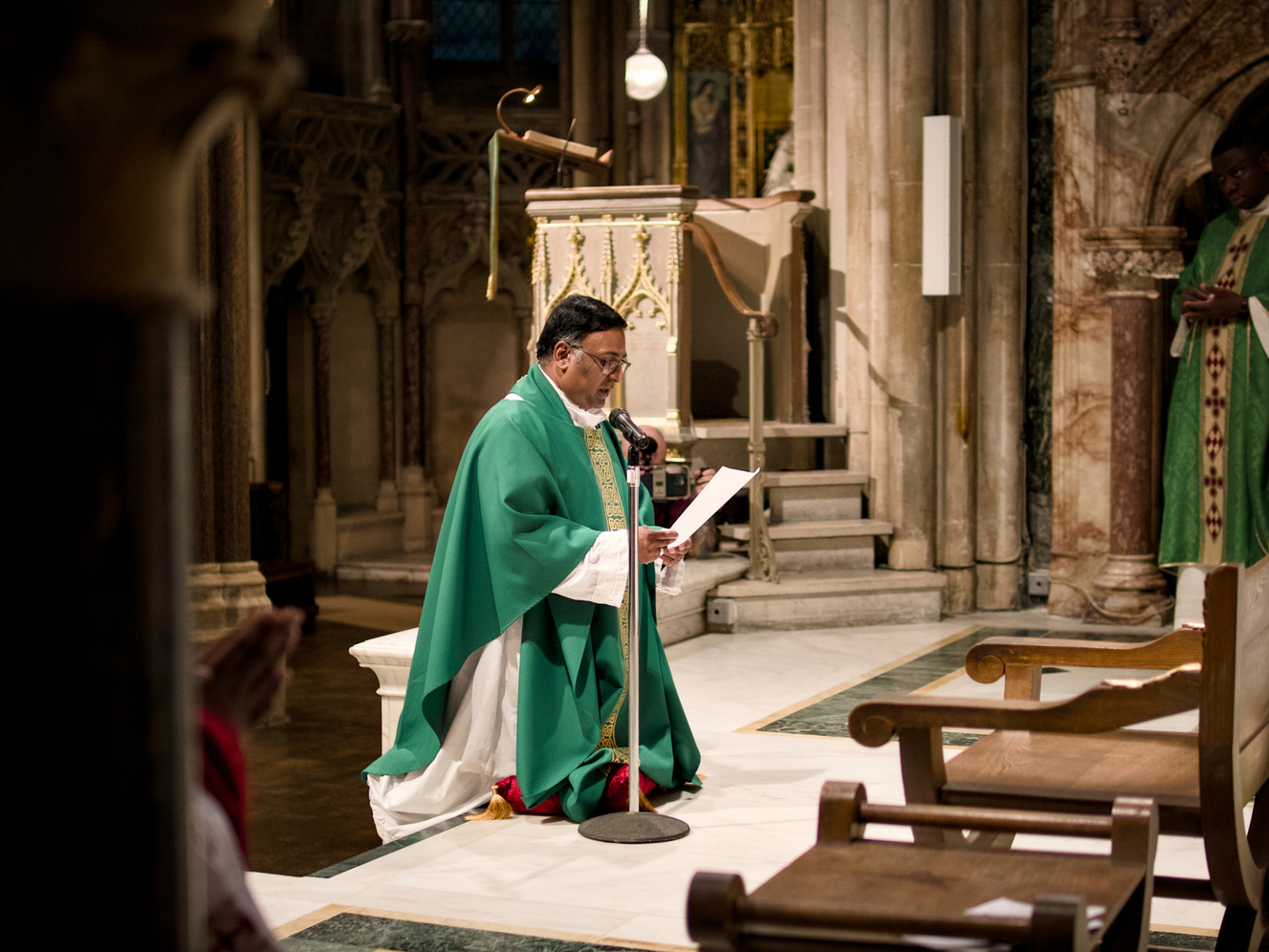During the civil war that followed the French Revolution, General D’Elbée's men marched up to him some of the enemy they had captured. They demanded that these men be shot – which D’Elbée did not want to do.
“All right”, he said, “Blindfold the prisoners … prepare the firing squad”. This was done and all looked to D’Elbée to give the command. Then he said, “Just before I give the order … these are Frenchmen like ourselves. These are the last moments of their lives. We really should pray with them first. So, we'll say the Lord’s Prayer..”
They got to: “Forgive us our trespasses as we forgive those who trespass against us”. D'Elbée interrupted, “Do you realise what you have just said?”. At this one of his veterans broke down and wept … and then another … and another. No-one asked for the execution to go forward. (Later in the civil war D’Elbée was himself captured and brutally executed).
D’Elbée had saved the lives of the prisoners not by telling his men anything they didn’t know, but at this moment what they did know touched at a deeper level.
Lent and Holy Week seek to bring us down through layers of the familiar to that deeper level. Every day of the year is a good day for opening our heart to God that bit more, but in Lent the readings and the ceremonies are selected to find that tender spot between our ribs.
The kind of war going on now in Ukraine pains us deeply, even to think of it, even to pray about it. It needs the aggressors to stop and take seriously the Gospel of Jesus Christ in which they profess to believe; to meet the gaze of Jesus their Lord.
In the illustration that accompanies this article, Rembrandt imagines Jesus curing a blind man. The first eyes into which the man would gaze would be those of Jesus. Everything about Lent invites us to do the same … and then to see where that takes us.
This reflection was written by Father Tom Shufflebotham SJ





